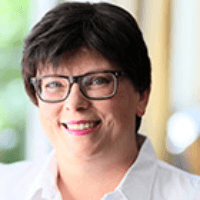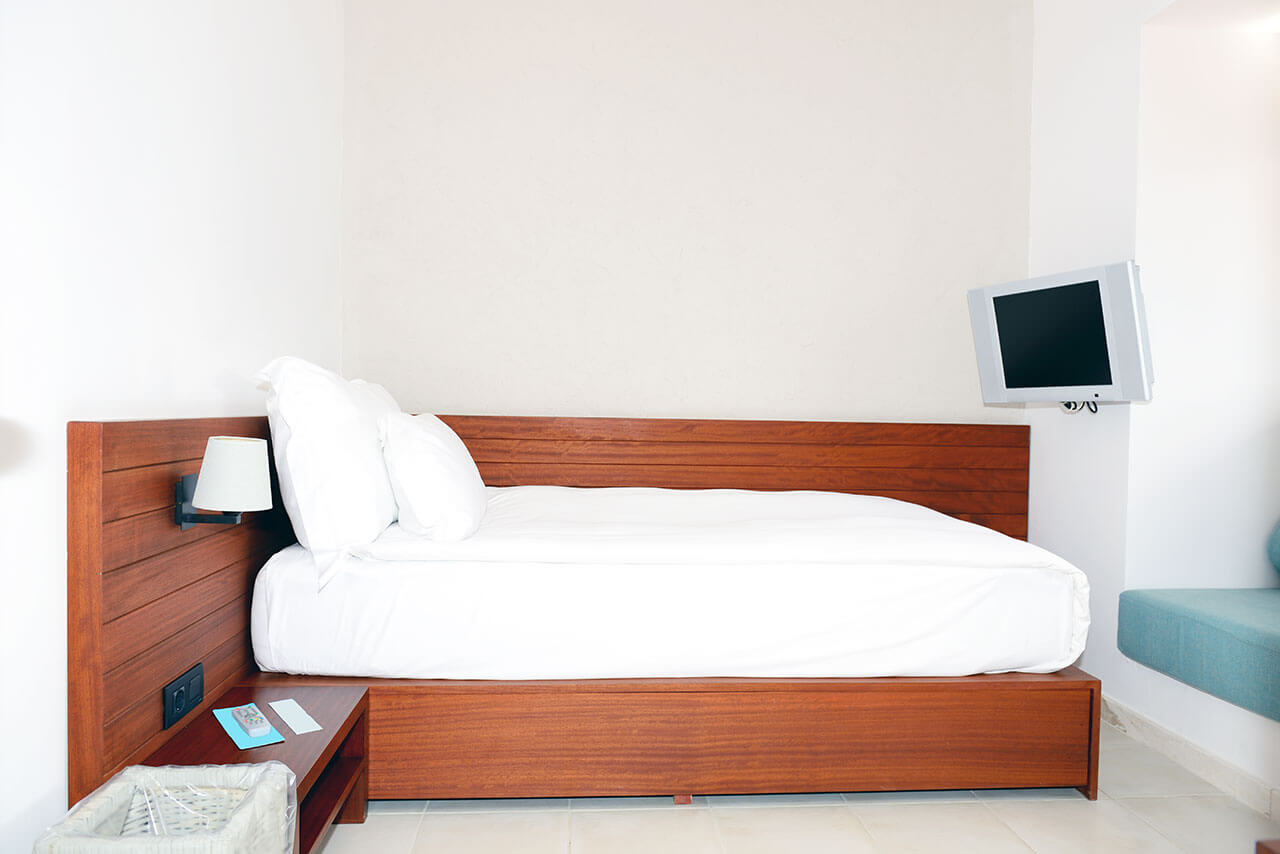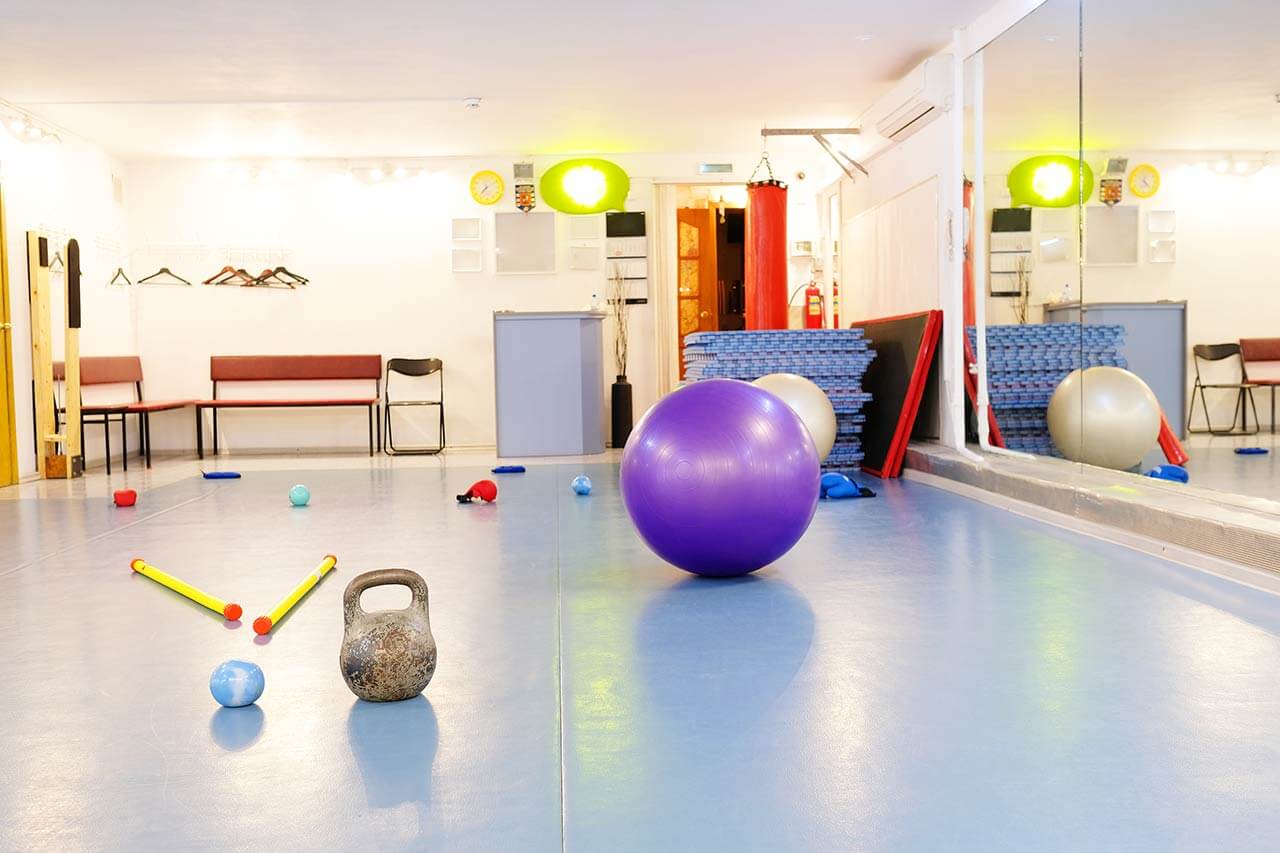
The program includes:
- Primary presentation in the clinic
- medical history, including family history
- complex neurological and orthopedic examinations
- CT / MRI / X-ray examination
- complex neurophysiological examinations
- individual rehabilitation program, which includes:
- propriozeptive neuromuskuläre fazilitation (PNF)
- transcranial magnetic stimulation (TNS)
- orofacial stimulation of Castillo Morales
- functional propriotrening
- various methods of respiratory gymnastics
- Wii Fit training in the use of the balance
- neuropsychological therapy
- functional therapy of the upper extremities (ArmeoSpring)
- functional electrical stimulation / neurostimulation
- kinesitherapy (physiotherapy)
- biocontrol with feedback
- healing deep muscle massage
- neuromuscular electrostimulation
- acupuncture of spasticity and pain syndromes
- occupational therapy
- psycho-educational classes
- logopedia in the language of the patient
- Individual physiotherapy
- microcurrent treatment
- fangotherapy / cryotherapy
- antispasmodic drug therapy
- mobilization of limb joints
- hydrotherapy / massage therapy / reflexology
- training on special trainers
- and etc.
- nurses care
- stay in the hospital with full board
- symptomatic and drug therapy
Service
You may also book:
 BookingHealth Price from:
BookingHealth Price from:
About the department
The Department of Neurological Rehabilitation at the MEDIAN Rehabilitation Clinic Bad Sülze offers comprehensive rehabilitation for patients who have suffered various diseases of the central and peripheral nervous system, including particularly complex types of neuropathology. Each patient is provided with an individually tailored rehabilitation program with clearly defined goals that he must achieve upon treatment completion. The department's experienced rehabilitation therapists combine such modern therapeutic methods as drug therapy, therapeutic exercises, kinesiotherapy, occupational therapy, speech therapy, psychotherapy and others. The most important role in the success of rehabilitation is played by the regularity of the performance of therapeutic procedures. During the entire period of rehabilitation treatment, the patients are under close medical supervision. The department's specialists motivate patients and support them on their way to recovery. The main task of the rehabilitation therapists is to restore the lost functions and skills of the patients to achieve their maximum independence in everyday life. The Chief Physician of the department is Dr. med. Cornelia Müller.
Upon admission to the department, the patient must undergo a set of diagnostic tests, which will help the attending physician assess the state of his nervous system and the body. The department's diagnostic options include electroencephalography, electromyography, electroneurography, recording of evoked potentials, transcranial magnetic stimulation, assessment of brain stem reflexes, color vascular Doppler sonography, duplex sonography, tests for detection of speech, swallowing and voice disorders, laboratory tests, etc. After studying the patient's medical history and the results of diagnostic tests, rehabilitation therapists develop a rehabilitation program, which allows the patient to recover the lost skills as much as possible. It is worth noting that during medical rehabilitation, many patients manage not only to get rid of the consequences of neurological disease, but also to improve their health in general, form proper eating and behavioral habits, cope with depressive states caused by pathology, etc.
As of today, stroke is one of the most common and life-threatening nervous system pathologies. Stroke often causes speech, swallowing and voice disorders, so classes with a speech therapist are an important part of the rehabilitation program for these patients. Since 2005, the highly-specialized Aphasia Center of regional significance has been functioning in the department. The center's specialists not only provide high-quality medical care to patients who have completely or partially lost their speech skills after a stroke, but also hold consultations for patients' relatives. The team of the department's speech therapists successfully copes with aphasia and other complex disorders, including apraxia of speech, dysarthrophonia, dysphagia, dysphonia, etc. In addition to individual sessions with a speech therapist and group therapy, special computer programs are successfully used in clinical practice.
Another complication of neurological diseases is an impairment of the large and fine motor skills of the arm and hand, which significantly impairs the patient's quality of life. In this regard, patients undergoing neurological rehabilitation are offered a special program to restore the functions of the arm and hand. The program is aimed at reintegration of the patient into everyday and professional life. During this type of medical rehabilitation, the department uses the innovative HandTutor system – a special device that is an electronic glove connected to a computer. Motor skill recovery occurs through repetitive exercises combined with extended feedback demonstrating the condition of the monitored function on the screen. The exercises are based on game models, which particularly motivates patients and stimulates them to perform the tasks repeatedly. Mirror therapy is also successfully used to restore gross and fine motor skills in the hand.
To restore mobility, gait, eliminate spasticity and improve the patient's well-being, the department's rehabilitation therapists prescribe dosed physical activity in the form of physiotherapy exercises, Nordic walking, training on professional simulators (for example, MILON), etc. The department's therapeutic options are complemented by various types of massage, manual lymphatic drainage, inhalation therapy, mud therapy, electrotherapy, hydrotherapy, thermotherapy, diet therapy and other types of rehabilitation treatment. If necessary, psychologists are involved in the therapeutic process, whose work is aimed at increasing the motivation of patients and forming an attitude toward a favorable treatment outcome.
The department specializes in neurological rehabilitation of patients who have suffered the following diseases of the nervous system:
- Pathological conditions after a stroke (ischemic and hemorrhagic stroke)
- Pathological conditions after surgery on extra- and intracranial vessels supplying the brain
- Pathological conditions after resection of brain and spinal cord tumors
- Pathological conditions after meningitis and encephalitis
- Pathological conditions after hypoxic brain injury
- Pathological conditions after traumatic brain injuries
- Pathological conditions after traumatic lesions of the peripheral nerves
- Multiple sclerosis
- Parkinson's disease
- Polyneuropathy
- Neuritis
- Muscle diseases
- Systemic neurodegenerative diseases
- Congenital diseases and malformations of the nervous system
- Epilepsy
- Migraines and other types of headache
- Dizziness
- Cognitive disorders
- Chronic fatigue syndrome
- Hydrocephalus
- Other neurological diseases and pathological conditions
The range of the department's diagnostic and therapeutic services includes:
- Diagnostic tests
- Electroencephalography
- Electromyography
- Electroneurography
- Registration of evoked potentials
- Transcranial magnetic stimulation
- Assessment of brain stem reflexes
- Color Doppler ultrasonography of the extra- and intracranial vessels
- Duplex sonography
- Skeletal and lung X-ray
- Laboratory tests
- Assessment of the patient's psychological condition
- Tests for the detection of speech, swallowing and voice disorders
- Rehabilitation methods
- Speech therapy for the treatment of speech, swallowing and voice disorders
- Individually adapted therapeutic procedures for the treatment of aphasia, including the use of computer-assisted programs
- Treatment of speech disorders not associated with aphasia
- Group training to restore communication skills in everyday life
- Treatment of dysarthrophonia after injuries, vascular and degenerative diseases
- Treatment of dysphagia of any severity using a variety of therapeutic methods
- Treatment of swallowing disorders
- Treatment of facial nerve palsy using proprioceptive neuromuscular facilitation
- Treatment of aphonia, dysphonia and rhinophonia
- Ergotherapy
- Therapy to restore fine motor skills of the hand using the innovative HandTutor device
- ADL training (dressing, personal hygiene, eating)
- Training to restore housekeeping skills
- Bobath concept, Perfetti method and mirror therapy
- Physiotherapy
- Therapeutic exercises
- Special sets of exercises to eliminate spasticity
- Gait training
- Manual therapy, trigger point stimulation and osteopathy
- Kinesio taping
- Pilates
- Treatment of migraines and other types of headache
- Spinal decompression therapy
- Balance training
- Kinesiotherapy
- Nordic walking
- Group therapeutic exercises for patients with a particular neurological diagnosis
- Therapeutic exercises to strengthen the back muscles
- Training on a treadmill, ergometer and other exercise equipment
- Physical therapy
- Classic massage, other massage techniques
- Manual lymphatic drainage
- Marnitz massage
- Inhalation therapy
- Medi-Jet underwater massage
- Mud therapy
- Electrotherapy
- Hydrotherapy and thermotherapy
- Mud baths
- Mud wraps
- Healing and contrast baths
- Cryotherapy
- Warm compresses
- Diet therapy
- Psychological support
- Speech therapy for the treatment of speech, swallowing and voice disorders
- Other diagnostic and therapeutic options
Photo of the doctor: (c) MEDIAN Klinik Bad Sülze
About hospital
The MEDIAN Rehabilitation Clinic Bad Sülze has earned a reputation as a leading medical facility in the region and throughout Germany specializing in the rehabilitation treatment of patients after orthopedic, rheumatic and neurological diseases, as well as surgical interventions on the musculoskeletal system, brain and spinal cord. The medical facility began its activities in 1993 and nowadays successfully provides rehabilitation for the patients with both simple and especially complex clinical cases, using reliable classical and innovative therapies available in modern rehabilitation medicine. Each rehabilitation program is developed with due consideration of the requirements and guidelines of the professional societies.
It is worth noting that the clinic is certified by the German Society of Rheumatology as a Training Center of Mecklenburg-Vorpommern for the implementation of a training program for patients with chronic polyarthritis. In addition, a highly specialized Aphasia Center has been operating in the clinic since 2005.
The main task of each medical employee of the clinic is to restore the patient's mobility, self-care skills, as well as cognitive skills lost due to a neurological disorder. The clinic's specialists conduct medical profession-oriented rehabilitation aimed at restoring lost professional skills and reintegrating the patient into his professional life. The center has a special program for the assessment of the patient's rehabilitation potential in order to restore his work capacity. This program makes it possible to comprehensively assess the patient's condition and predict the likelihood of his reintegration into the professional environment.
The rehabilitation treatment involves the use of a complex of various therapeutic methods, which are selected for each patient individually. The majority of rehabilitation programs are based on therapeutic exercises, physiotherapy, occupational therapy, diet therapy and psychotherapy. Since the rehabilitation clinic is located in a spa town, the patients have the opportunity to take advantage of the healing forces of nature – here they can have therapeutic mud wraps with a high salt content, as well as mud baths.
The clinic is proud of a large number of prestigious quality certificates, including the ISO certificate, the TÜV Rheinland certificate, the EQR certificate, the DEGEMED certificate of the German Society of Medical Rehabilitation and others. The medical team of the rehabilitation center makes every effort to provide each patient with the effective rehabilitation treatment and make his stay in the clinic as comfortable as possible, as well as surround him with warmth, care and understanding.
Photo: (с) depositphotos
Accommodation in hospital
Patients rooms
The patients of the MEDIAN Rehabilitation Clinic Bad Sülze live in comfortable single and double rooms with a modern design. Each patient room has an ensuite bathroom with shower and toilet. Many patient rooms are specially equipped to meet the needs of disabled people. The standard patient room furnishings include an automatically adjustable bed, a bedside table, a wardrobe, a table and a chair for receiving visitors, a telephone and a TV. The patient rooms also have Wi-Fi.
If desired, the patients can live in enhanced-comfort rooms. They are additionally equipped with upholstered furniture, a mini fridge and a safe for storing valuables.
Meals and Menus
The patient and the accompanying person are offered tasty and balanced three meals a day. The patients have a daily choice of three menus for lunch, as well as buffet breakfast and dinner. If for some reason you do not eat all foods, you will be offered an individual menu. Please inform the medical staff about your food preferences prior to treatment.
Further details
Standard rooms include:
Religion
The religious services are available upon request.
Accompanying person
During the inpatient program, the accompanying person can live with the patient in a patient room or a hotel of his choice. Our managers will help you choose the most suitable option.
Hotel
During an outpatient program, the patient can stay at the hotel of his choice. Our managers will help you choose the most suitable option.




